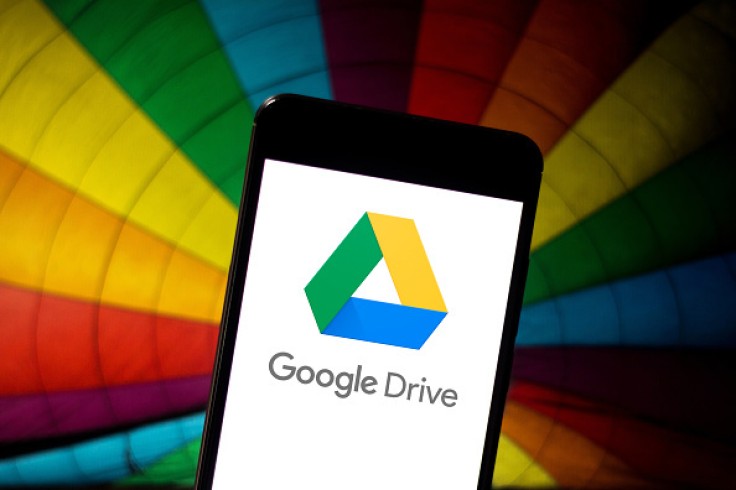Google Drive has been helpful for people who decide to store their files online for safekeeping or to avoid crowding their device's storage. However, the file storage service has silently put a limit to the number of files one can create, which affects those who pay for extra storage as well.

Google Drive Limits
Google has implemented a limit to the files that can be created, wherein users can no longer exceed five million files in February. It came as a surprise to some seeing as the company never made official announcements.
A Reddit user who goes by ra13 discovered that Google One and Google Workspace users will get an error once they have exceeded the said cap, as mentioned in Engadget. While the new policy doesn't affect shared files, they are already limited to 400,000 files.
Google responded, saying that the limit is meant to prevent users from abusing the storage service, which could hurt the "stability and safety" of the online drive. They added that the number of affected users is "vanishingly small."
This might become a problem for those who have paid for more storage. As mentioned by Reddit user ra13, a user with a 2 TB Google One account will face the problem if they have an average file size of 400 KB or less.
Of course, it's not very likely that most would reach the five million file cap, but some would argue that it would still be unfair especially if they cannot maximize the space they paid for. The limit will apply no matter how much storage space a user has left.
Reports also mention that the company has not mentioned the limit until now, despite it being implemented back in February. Google Drive also doesn't have a feature that displays the number of files you need to remove to remain under the implemented file cap.
This could leave users repeatedly deleting a few files at a time until they go below the limit. This could be an issue for businesses that use the file storage site, which in turn could urge them to use other online storage services instead.
Online Storage Options
If the limit proves to be troublesome, many alternatives can serve the same purpose as Google Drive. For one, users can opt for Dropbox instead. You can have a local folder on your device that automatically syncs your files to the cloud.
It's compatible with Android, iOS, Windows, and Linux devices. It can encrypt your data has has two-factor authentication security. However, they don't scan uploaded documents for malware, which might infect your other linked devices.
Tresorit is also a good alternative. According to NordVPN, the private cloud storage has military-grade encryption and public key cryptography. The company claims that hackers from MIT, Stanford, and Harvard have tried to break and failed.
A secret key will be generated in the event that you share a link to a file on the server, which means that only the person that was given the key can access it. The owner of the file can also revoke access at any time they choose.









